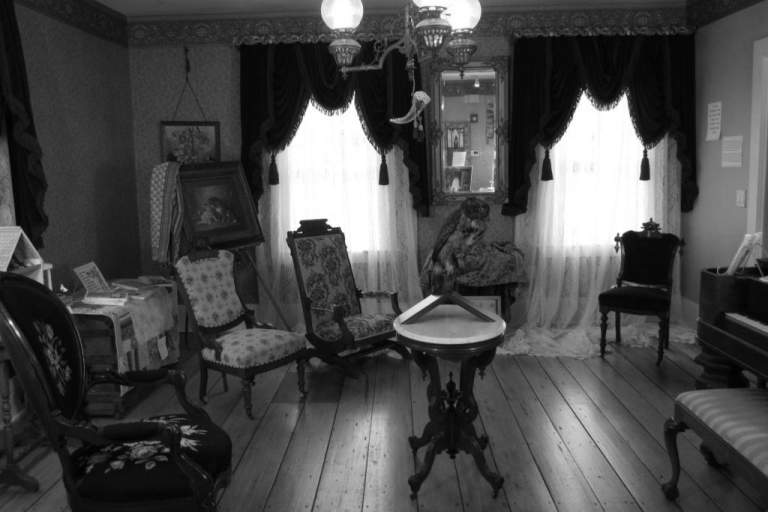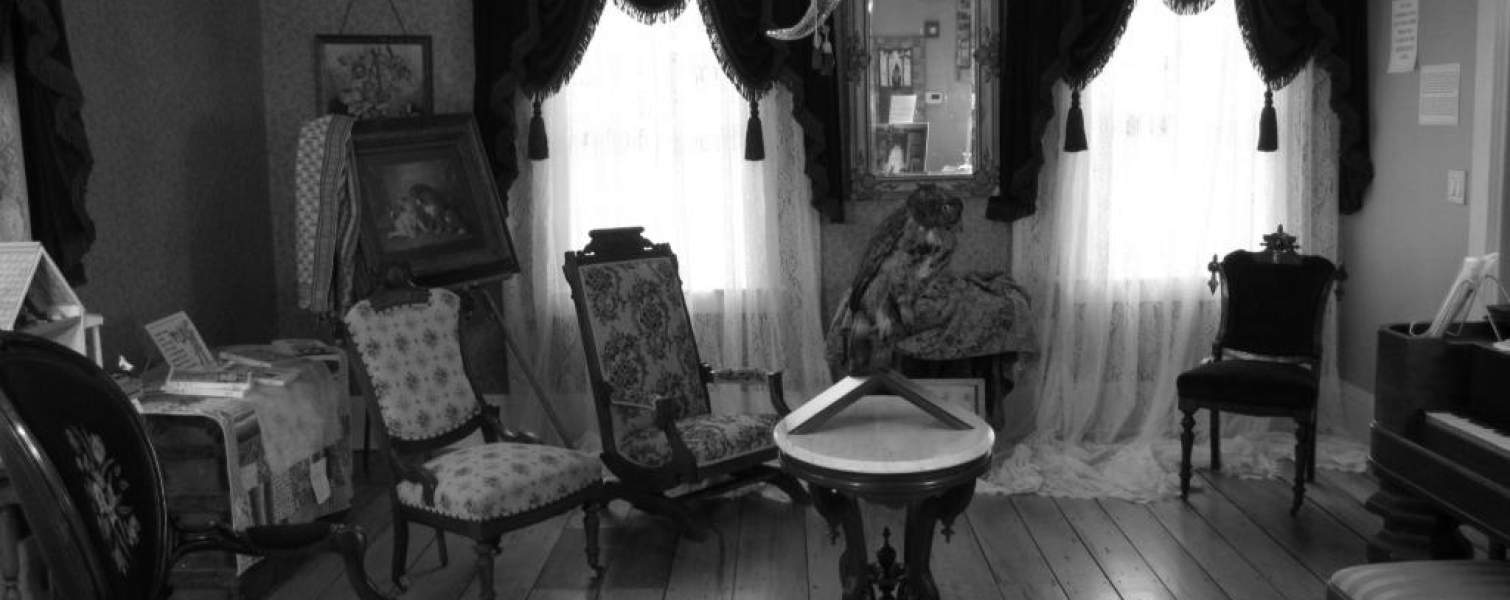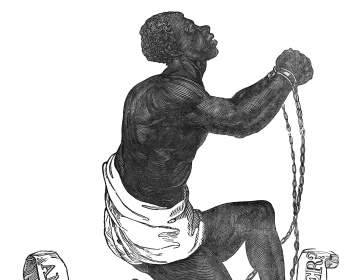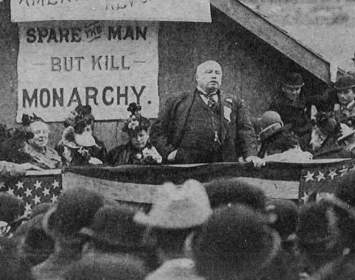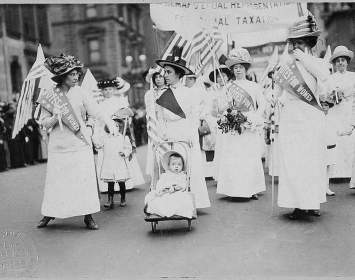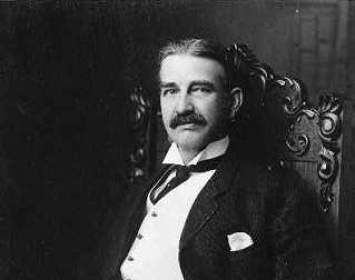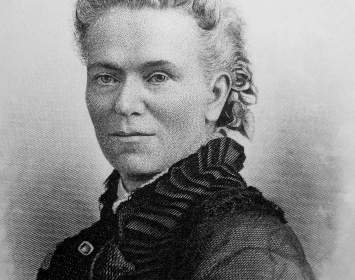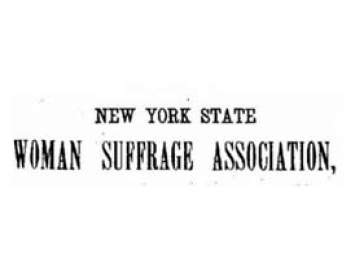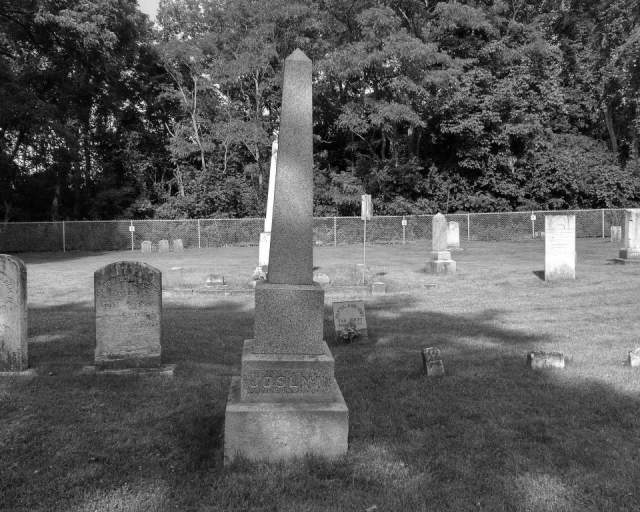History has almost forgotten that in their heyday, Susan B. Anthony, Elizabeth Cady Stanton, and Matilda Joslyn Gage were known as the "triumvirate" at the helm of the woman’s rights movement. (Nineteenth-century practice was to use the singular, woman's, when referring to women as a class; later practice was to use the plural, women's.) Anthony was more accommodating toward religion, eventually welcoming the conservative Women’s Christian Temperance Union into the suffrage movement. Stanton published her radical critiques of religion such as The Woman’s Bible only after she had established her reputation as a pillar of the suffrage movement. Gage, on the other hand, was always outspoken in challenging religion, sharply criticizing Christianity for institutionalizing discrimination against women. Still, her memory has not been forgotten, and a new generation of historians and feminist activists are rediscovering Gage’s unique vision and wit.
In addition to her work for suffrage and freethought, Gage was also active on the Underground Railroad (this house was a stop). Her father, the physician and noteworthy abolitionist Hezekiah Joslyn, died in this house on October 30, 1865.
Gage is also remembered for her son-in-law, L. Frank Baum, a frequent guest at this house and author of The Wonderful Wizard of Oz and its many sequels. Baum avidly absorbed his mother-in-law’s freethought views: think of that the next time you watch Toto peek behind the curtain and expose the false wizard!
The house now contains the Matilda Joslyn Gage Center, which welcomes the public to visit the home where Gage carried out her work for social justice for forty-six years and dialogue about the burning issues of the day. Call 315-637-9511 or email foundation@matildajoslyngage.org for tour times.
The Matilda Joslyn Gage Center is a co-anchor of the Freethought Trail.
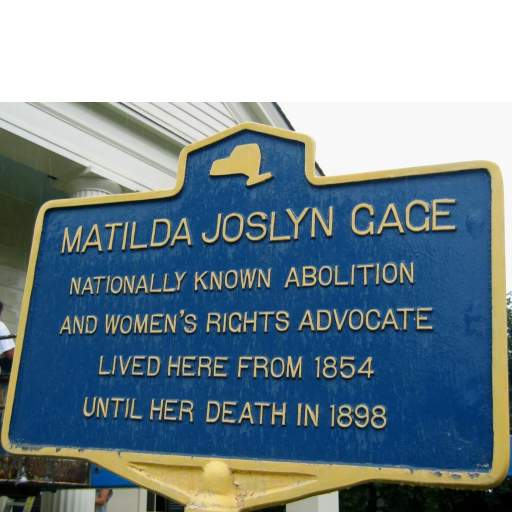
Gage Home Marker
New York State historical marker standing before the Gage Center in Fayetteville, New York.
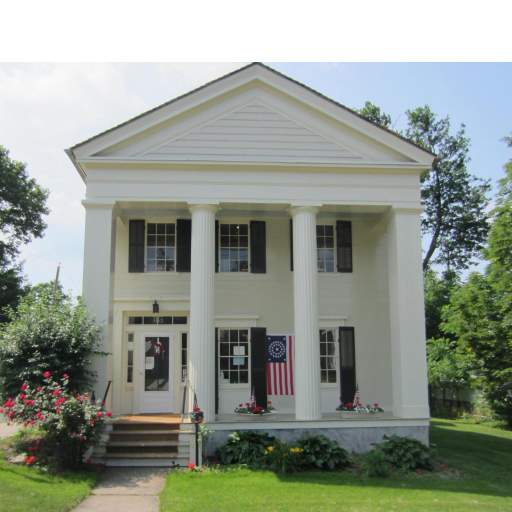
Gage Center
The newly restored Matilda Joslyn Gage Center now welcomes the public to visit the home where Gage carried out her work. Take a self-guided tour Monday through Friday from 10:00 a.m. to 4:00 p.m. or call 315-637-9511 or email foundation@matildajoslyngage.org for a guided tour.
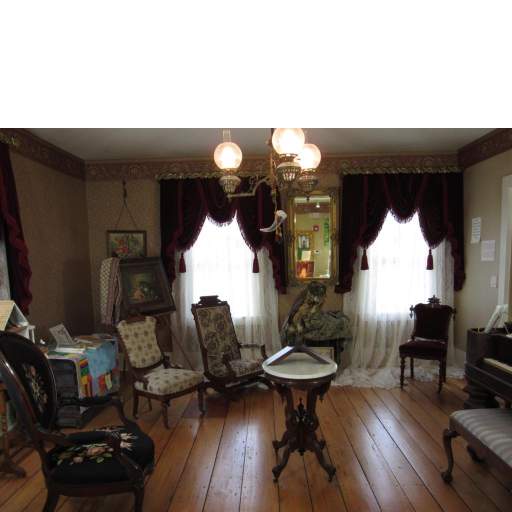
Oz Parlor
The "Oz Parlor" has been restored and furnished to match a photograph taken of the same room by L. Frank Baum, Matilda Joslyn Gage's son-in-law. In addition to his successful career as an author, Baum was an accomplished photographer.
Associated Historical Events
Death of Hezekiah Joslyn
October 30, 1865
